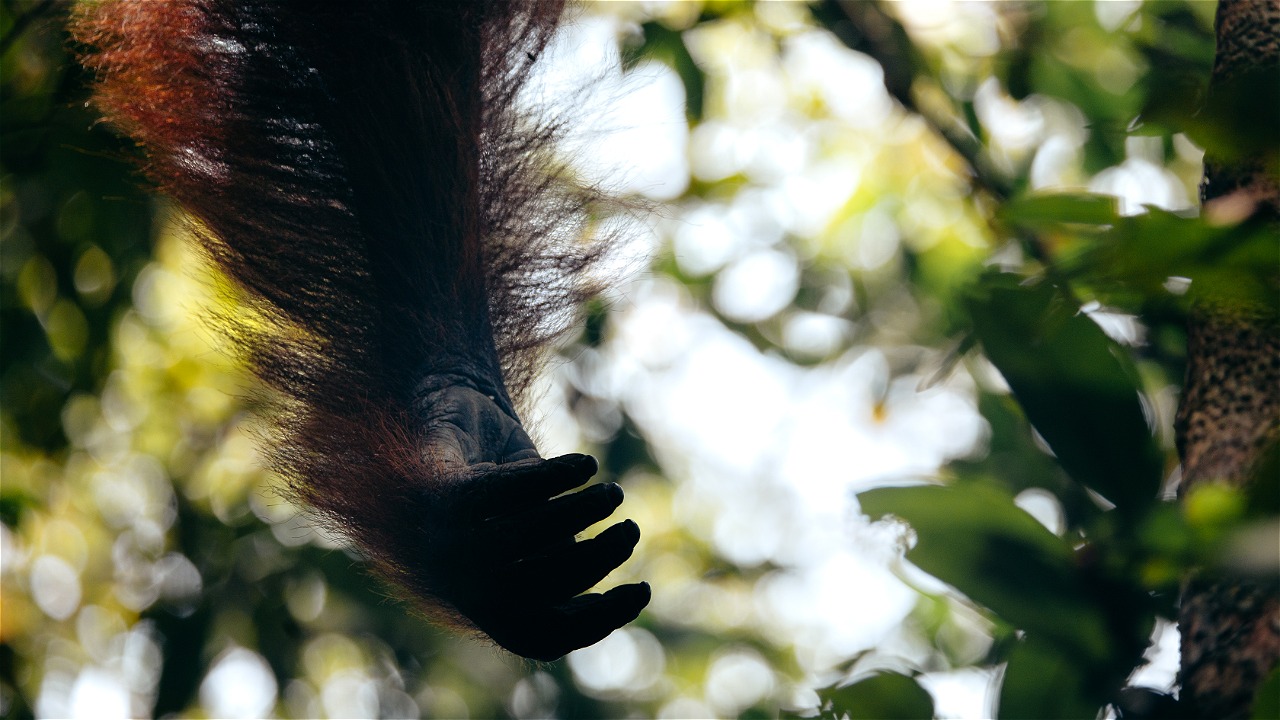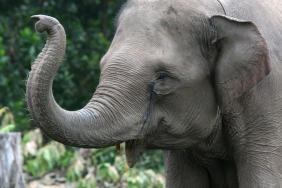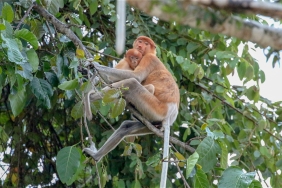CONSERVATION DISCUSSION: COMBATING THE ILLEGAL WILDLIFE TRADE
By: Sani Firmansyah (Supporter Center Officer)
"Poaching and illegal wildlife trade is a high-turnover criminal activity that tends to increase as demand for animal parts increases. This is a serious, organized, and widely networked crime and is considered a business that has little risk, but provides large profits," said Novi Hardianto, Law Enforcement & Wildlife Illegal Trade Officer WWF-Indonesia in the Diskusi Konservasi (DisKo) located at the Jakarta Creative Hub, on Saturday (07/04).
Based on the investigation of the Criminal Investigation Agency of the Indonesian National Police, poaching and trade still occur due to various motives, such as economic reasons, treatment, food, antidotes, souvenirs, and pride in ownership of rare animals. The modus operandi is through various channels, such as animal markets, animal lovers communities, and online trade (social media).
"In fact, 85% of wildlife traded comes from the wild and poached. Then at least 8 tons of ivory that has been circulated in the last 10 years comes from Sumatra and at least 2,000 pangolins have been illegally exported per month since 2002," he said. "It doesn't stop there, more than 100 orangutans were smuggled out of the country. More than 20 Sumatran tigers are killed every year to be traded for their skins and other body parts," Novi added the alarming facts about the illegal wildlife trade.
Poaching and illegal trade of these animals have an impact on the sustainability of various animals in nature. The unbalanced food chain has caused the welfare of local communities to decline. This is directly proportional to the threat to the national economy. WWF plays a role in helping to combat animal crimes, one of which is by forming the Wildlife Crime Team which is tasked with collecting data on illegal animal trade, both offline and online. This team also supports the authorities in law enforcement by encouraging various advocacy policies. In addition, WWF conducts socialization of prevention and law enforcement to the community. This also serves to mitigate conflicts that occur between humans and animals.
"How much does this country lose when poaching continues?" asked Hafidz, a student of Bogor Agricultural University who participated in the discussion. "Based on PHKA Directorate of Forestry's Illegal Trafficking investigation, in 2009 Indonesia lost Rp 9 trillion every year. It might be even higher now because of the rampant poaching," Novi replied.
"When we are aware of poaching and illegal wildlife trade, what should we do?" asked Annisa, a private legal consultant. "It's very easy to do by downloading a free application via smartphone 'E-Protected Animal Reporting'. We can report poaching and trade that is happening. That's what the public can do and the easiest thing is to not buy products made from protected animals because the more the market demands, the more poaching will occur," Novi explained.





